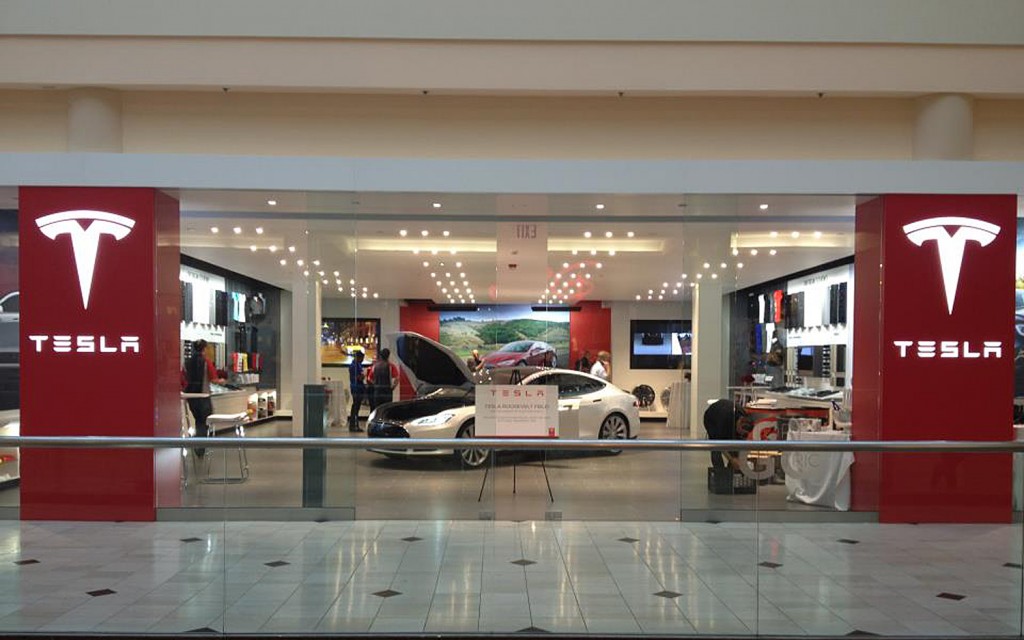By now most of you must have read the news that New Jersey had passed a bill to allow ZEV makers to sell their cars directly to the public, without participation of dealerships.
Obviously this is good news for this bill’s major beneficiary – Tesla Motors, because Tesla only allows you to purchase their product directly from them, with MSRP. This is somewhat similar to Apple – you seldom see discounted sales of iPhone or iPad etc.
Proponents of the direct sales model are claiming that without the dealership as middleman, auto makers can eliminate variances in service qualities and marketing efficiencies.
At the same time, opponents are reasoning that, without dealership participation, competition is weakened which will lead to monopolization.
To analyze this issue, we must understand in a business transaction, it is usually NOT a win-win case. If party A is selling something to Party B, party A earns more means party B must lose more, and vice versa. The key point in Tesla’s sales policy is not in the direct sales, but it is the ability for Tesla to force everybody to pay MSRP to buy their product.
Companies frequently use Porter’s Five Forces analysis to set their market strategy. The Porter’s five forces include:
– the threat of substitute products or services
– the threat of established rivals
– the threat of new entrants
– the bargaining power of suppliers
– the bargaining power of customers
By using the direct sales model, it is exactly the act to limit “the bargaining power of customers”. If you want to buy a Tesla, you are in fact charged more because of the direct sales model.
Some people may say, other car’s MSRP may be overinflated and Tesla’s product MSRP is reasonably priced. Well, maybe it is but maybe it is not also. The question is: how can you prove it? How do you objectively define the term “reasonably priced”?
If a car model is sold through the dealership model, its current market price will be more accurate to reflect the actual quality of the product. This is because the free-float pricing mechanism will naturally force dealerships to lower the transaction price immediately, because lower quality product means less people is buying; or make it reasonable for them to raise the price because higher quality product leads to supply shortage.
Within the environment of the direct sales model, the market efficiency is significantly hampered. The only way to force an auto maker to improve its product quality is: there are other competitors selling better quality products with the same or lower price, then the auto maker discovers the situation and make improvements in the next model year or the next generation design. Therefore you may not see the effect until next year or even several years later.
Generally speaking, higher market efficiency benefits the whole society. The worst case from consumer’s aspect is: fixed price + monopoly. Unfortunately this is exactly the situation for Tesla at this moment: you must pay MSRP and there is no other auto maker that is making long-range high output EV sports cars at this time.
So if you works for Tesla, or owns Tesla stocks, or is a Tesla debtor (bond holder), or is hired by Tesla as a legislation lobbyist, then you should support the direct sales model; if you are a Tesla car buyer but is not belong to any of the above mentioned group, and you are not so rich to the extent that spending $70k – $100k is like buying a toothpaste in CVS, I think you may save some money if Tesla cars are sold through independent dealerships.




Recent Comments